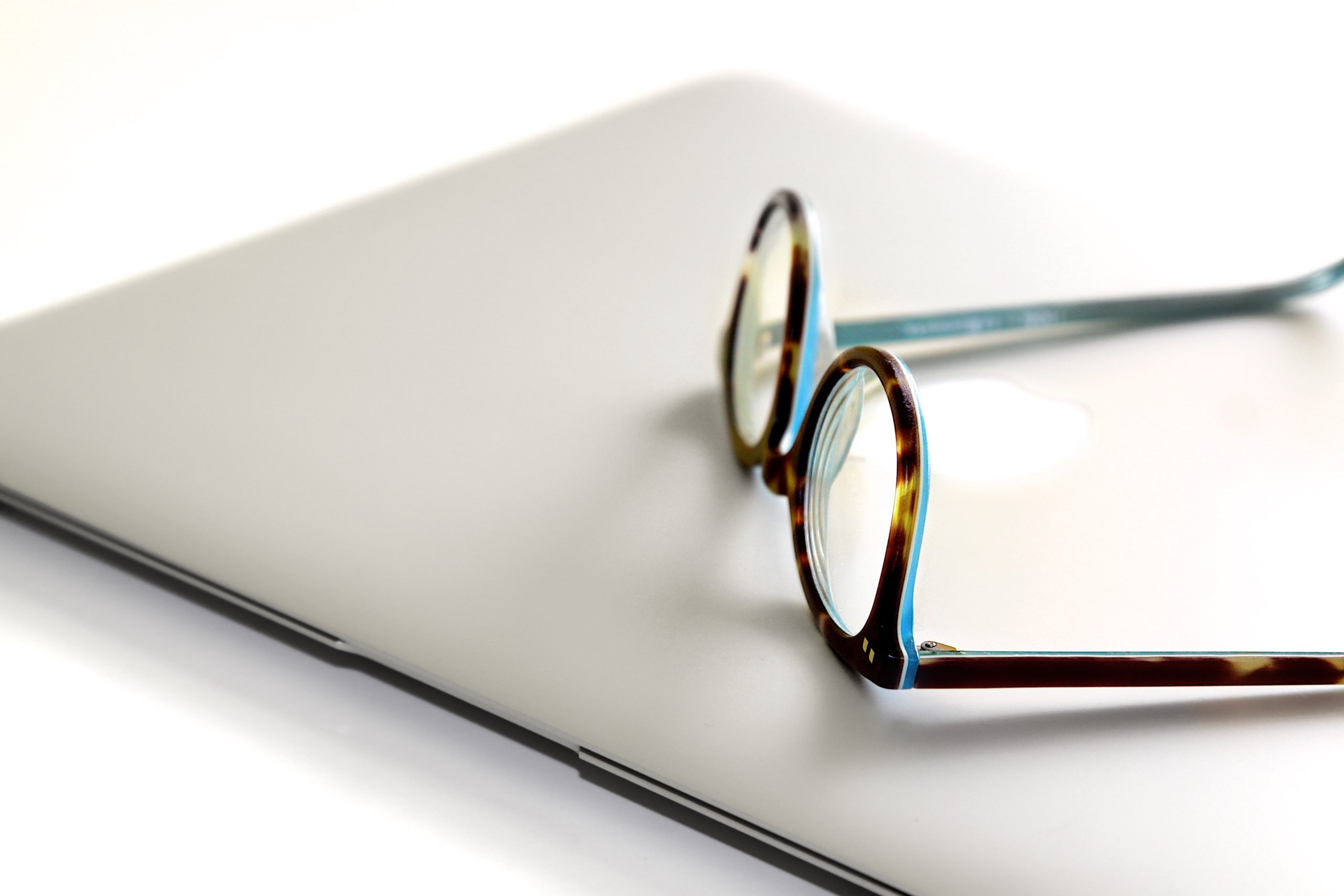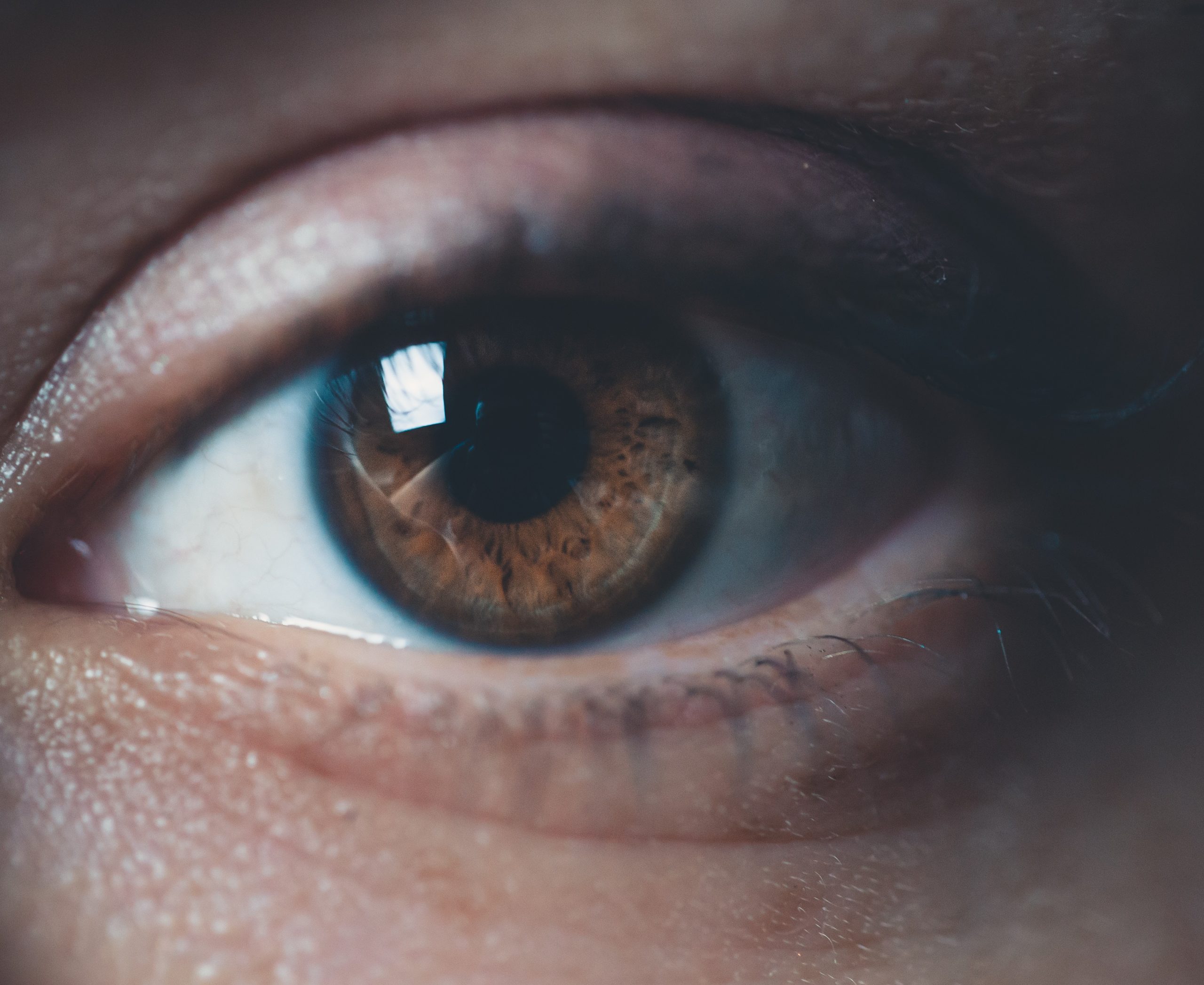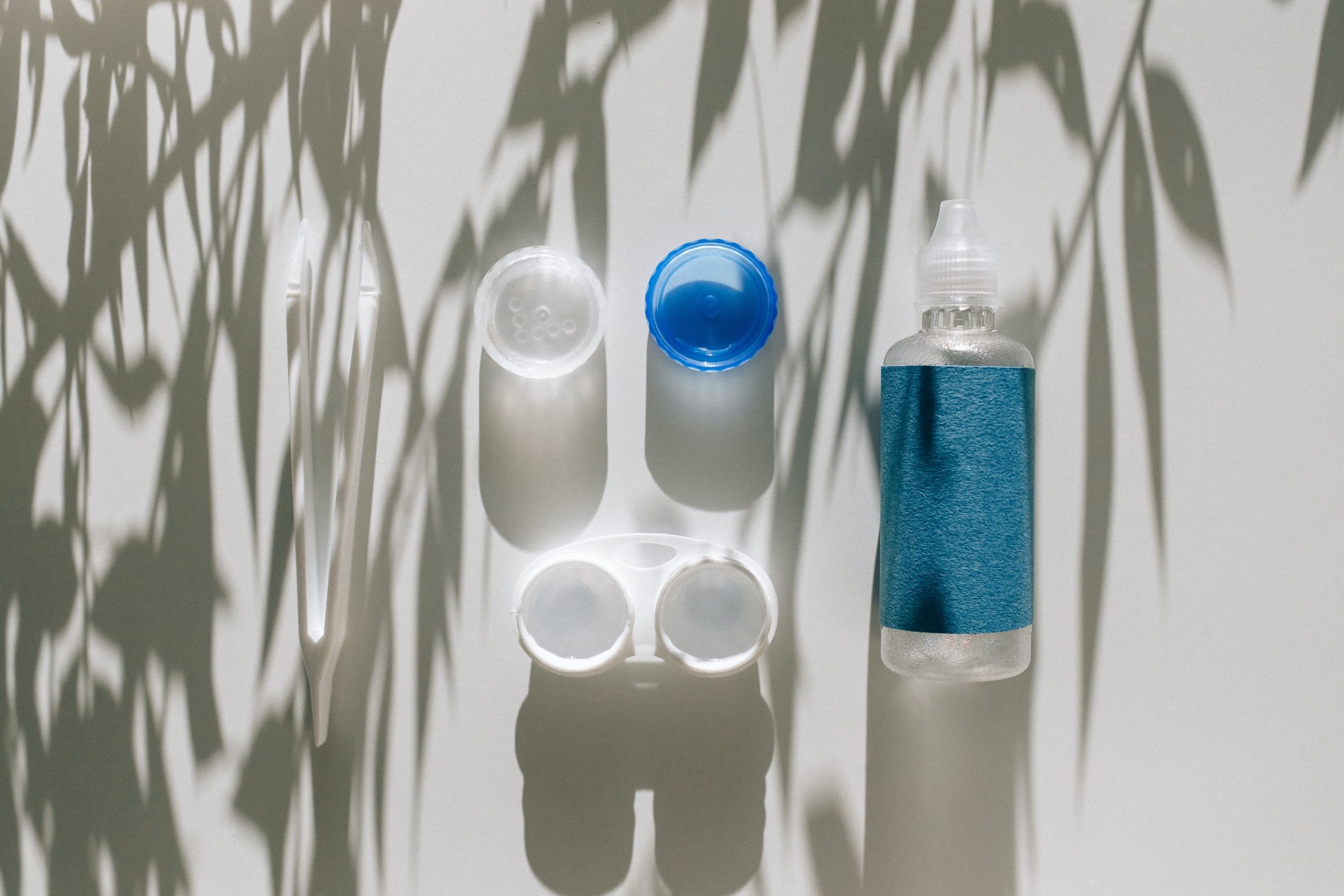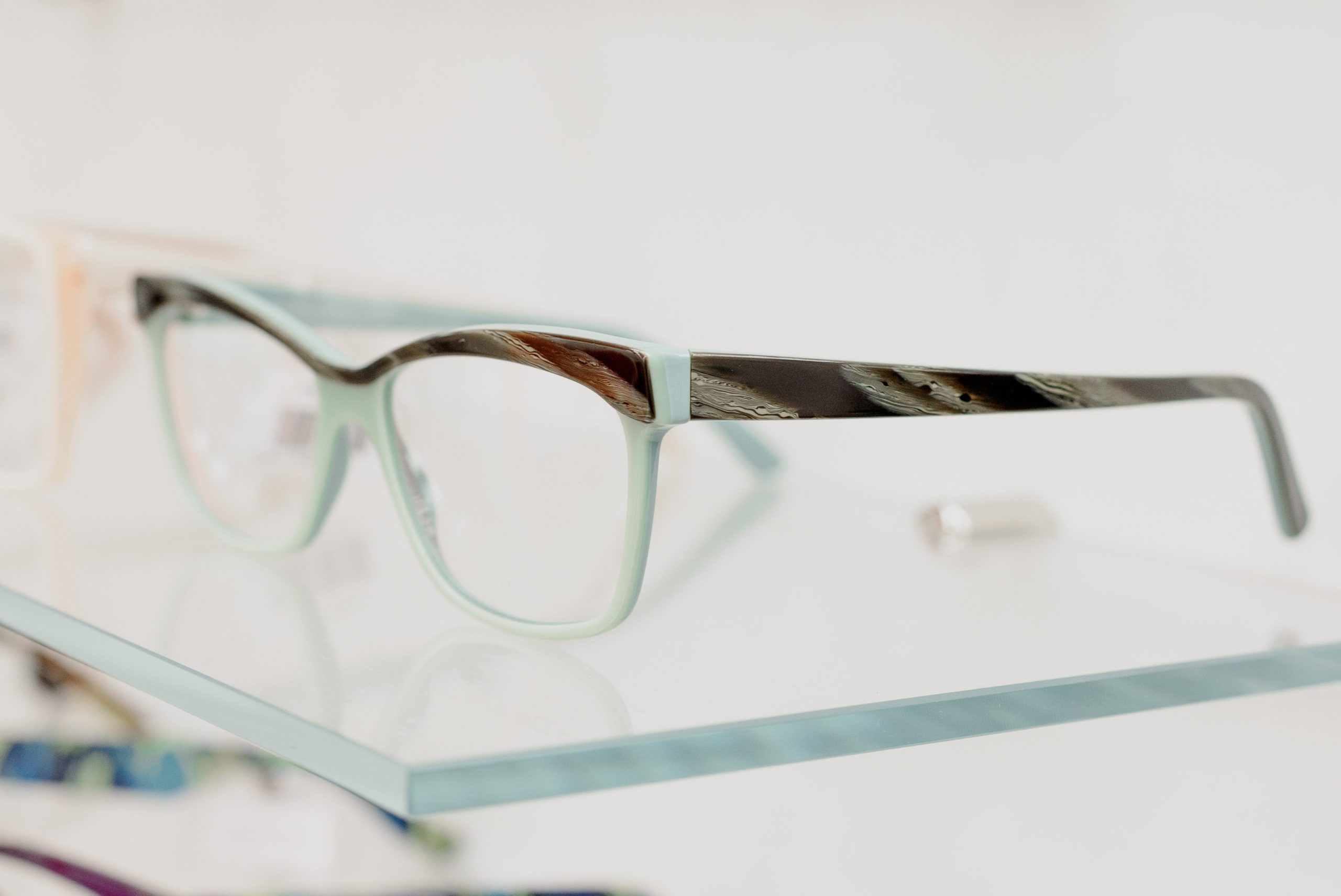Due to increased screen time, most people buy computer glasses to alleviate the symptoms they experience after concentrating on a screen for a long time. They experience various symptoms, such as pain, fatigue, and eye dryness. Even though these lenses lessen irritability, they do not eliminate it. Some people continue to experience these signs even after wearing glasses and lenses. The cause is that the computer glasses do not filter out the eye-irritating blue light rays. Here are some more crucial details regarding blue lights and what blue light lenses do.
What is Blue Light?
A high-energy light source produced by digital gadget screens is known as blue light. Blue light is produced by our everyday electronics, including laptops, TVs, tablets, and cell phones. Blue light is also emitted by the sun and manufactured fluorescent lighting. The sun is the primary source of blue light, even though using devices causes the most annoyance.
From 380 and 500 nm, it measures the short wavelength of blue light. The energy of a light ray increases with decreasing wavelength. UV light is the most well-known type of short-wavelength light. This light irritates your eyes or skin after being in the sun all day. Considering how it might appear to your eyes, blue light has the same harmful effect as UV light, even though it is less intense.
Effects of Blue Light
In essence, blue light is terrible for your eyes. Before bedtime, exposure to it throws off the circadian rhythm. Eye fatigue, headaches, eyestrain, and dry eyes are possible side effects of the irritability of the circadian rhythm.
The risk of certain malignancies, early cataracts, and age-related macular degeneration rises when exposure to blue light increases. However, some strains of blue light can be beneficial to you. They improve your alertness, cognitive ability, and memory while regulating the sleep cycle. The blue light lenses let through the beneficial rays while blocking the dangerous stuff.
Usage of Blue Light Lenses Outdoors and Indoors
Digital technologies are primarily to blame for indoor exposure to blue light, but you should also take precautions outside. Shield your eyes from UV and blue light. Therefore, in addition to filtering blue light, include a feature to shield your eyes from damaging ultraviolet radiation.
If you wear prescription lenses, for instance, consider getting protective lens coatings. You receive the advantages of your prescription lenses because the coating filters out the dangerous blue light.
Another option is to use photochromic lenses. In low light, they are visible, but as the light level rises, they grow darker. Additionally, you can get transitional lenses, which shield you from UV rays and dangerous blue light from the sun or electronic devices.
Age Limit for Blue Lenses
The use of blue light lenses is not age-restricted. They are available for purchase for both you and your kids. Children are more susceptible to solar damage, particularly those under 12, as their eyes are still constructing a natural defense system. Make sure the child’s eyes are protected both indoors and outside. Nowadays, it’s crucial to shield your eyes from damaging blue light. Exposed danger has increased due to the increased use of digital screen devices.
Conclusion
Blue light lenses are a fantastic remedy to save your eyes from the harmful and dangerous blue light and UV rays that affect your vision and can result in constant eye pain, strain and pressure. If you are already looking for a reliable eye solution for your vision, contact our experts at Whitney Eye Care to book your expert consultancy today.






